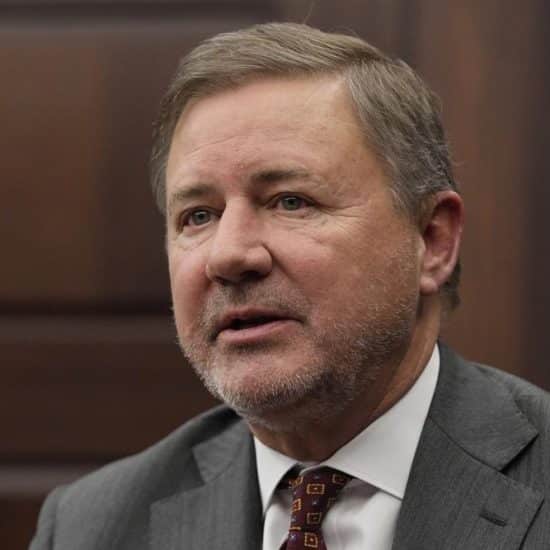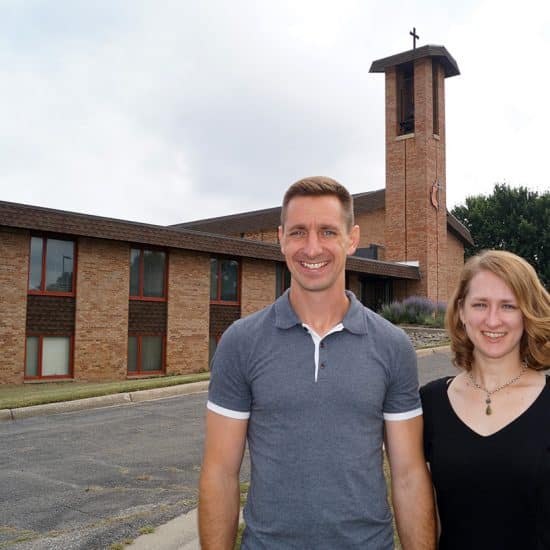As students return to classes at historically Baptist colleges and universities this fall, the institution of Baptist higher education is in a state of flux.
Challenges that include finances, changing demographics and fragmentation of Baptist denominations are prompting insiders to reassess what it means to be a distinctively “Baptist” institution of higher learning.
While many Baptist schools have students and/or professors who are non-Baptist, Baylor University—which has endeavored publicly for years with how to maintain its Texas Baptist identity while moving toward a higher tier of academic prestige—surprised everyone in February when the school’s board of regents tapped former Whitewater prosecutor Kenneth Starr as president.
 |
Starr, whose religious background is the Church of Christ and whose membership was in a nondenominational church, agreed to join a local Baptist church. When he assumed the presidency, he joined Columbus Avenue Baptist Church in Waco.
Baylor isn’t alone in grappling with trends like waning loyalty to denominations, more religiously diverse student bodies and controversies that give the Baptist label a negative image or at least create confusion about what it means to a Baptist at all.
Recently, Baptist schools—which have relied for decades on a cohesive Baptist subculture to bring up prospective students eager to study in a faith-based environment—find built-in loyalties fading away.
Due in large part to the megachurch phenomenon, many large congregations are finding it convenient to remove Baptist from their name, and many Baptists today find themselves just as comfortable worshipping at a community church where they like the music and preacher.
Belmont University in Nashville, Tenn., witnessed rapid growth in enrollment in the 1990s, but fewer and fewer came from Baptist traditions. By 2006, the student body was 75 percent non-Baptist, and the board of trustees changed the school’s charter to allow non-Baptists to serve as trustees.
The Tennessee Baptist Convention sued to regain control of the university, and Belmont agreed to an $11 million settlement, ending a 56-year-old relationship between the two. After the settlement, Belmont’s trustee chair pledged the university would “continue to be a student-focused Christian community of learning and service with a rich Baptist heritage that we intend to foster and nurture through our ongoing relationships with local Baptist churches.”
After negotiating an amicable parting with the Kentucky Baptist Convention in 2005, Georgetown College remained intentionally Baptist but broadened the definition beyond Kentucky Southern Baptists by adding partnerships with 15 Baptist organizations and institutions—black and white—in the United States and abroad. The partnership also extends to local churches both within and beyond Kentucky.
“We are trying to maintain a Baptist identity but broadening what that means,” said H.L. Kingkade, Georgetown’s director of religious life. “We treasure our Baptist heritage very much.”
“There are many who wear the Baptist name,” Kingkade continued. “We seek to be an institution of higher education for all Baptists and other denominations as well.”
In a 2007 lecture to the International Association of Baptist Colleges and Universities, David Gushee, an ethics professor at Mercer University, noted many schools formerly affiliated with mainline denominations drifted toward secularization or only a nominal Christian presence after breaking those ties. In order to avoid the trend, Gushee said, historically Baptist schools must adopt one of two models.
Borrowing terms from Roanoke College professor Robert Benne, Gushee said some intentionally Christian schools will function as “orthodox” universities, recruiting a large percentage of faculty and students from within the Christian faith—especially the faith of the sponsoring denomination. In those schools, he said, all instruction will be influenced by a shared Christian perspective.
“Critical-mass” schools, on the other hand, do not seek 100 percent sponsoring-tradition domination in every aspect of university life. They are Baptist schools willing to hire committed Catholics, Lutherans or Eastern Orthodox to teach—maybe even in the religion department. Gushee said such schools would need a “critical mass” of both Baptist students and trustees to retain their religious nature.
Over the last 30 years, Gushee said, much of the debate over Baptist schools has been between those who fear that Baptist colleges will devolve into completely secular institutions and others who fear they will become fundamentalist schools like Bob Jones University. Instead of thinking about what they fear, Gushee said, Baptist schools should ponder what they desire—to produce graduates who demonstrate elements of what it means to be a Baptist Christian.
“Some will emphasize Baptist distinctives, while others will sound more broadly evangelical or Christian,” he said.





